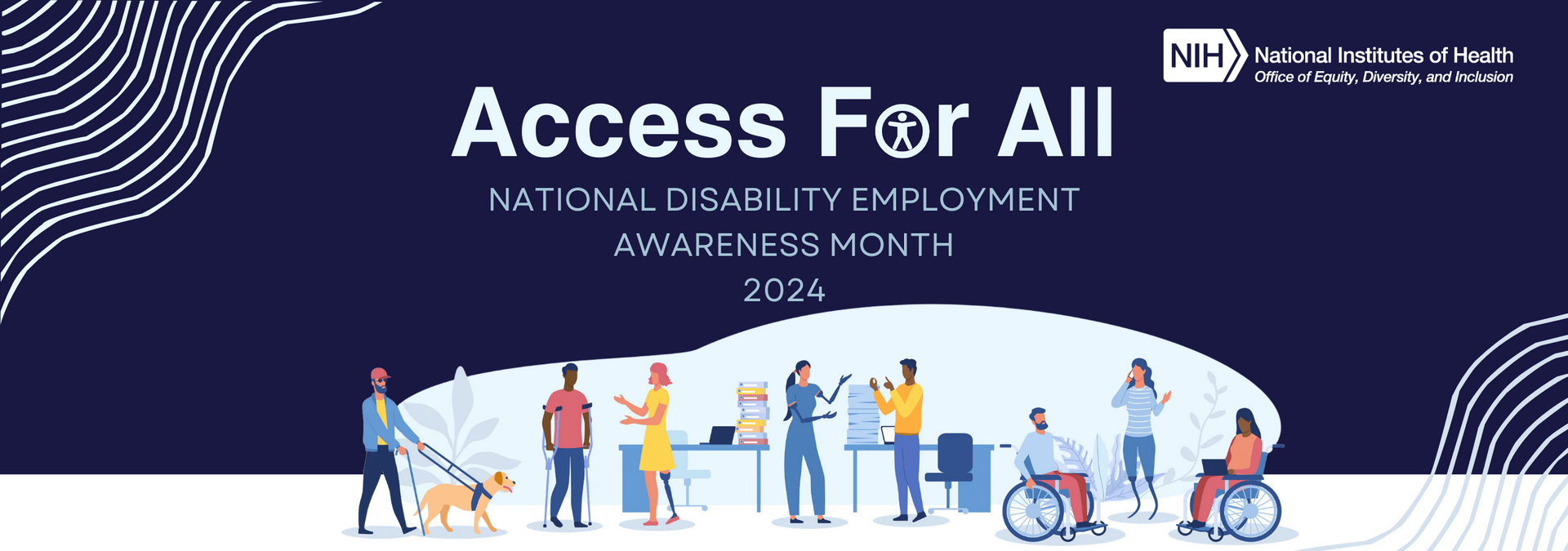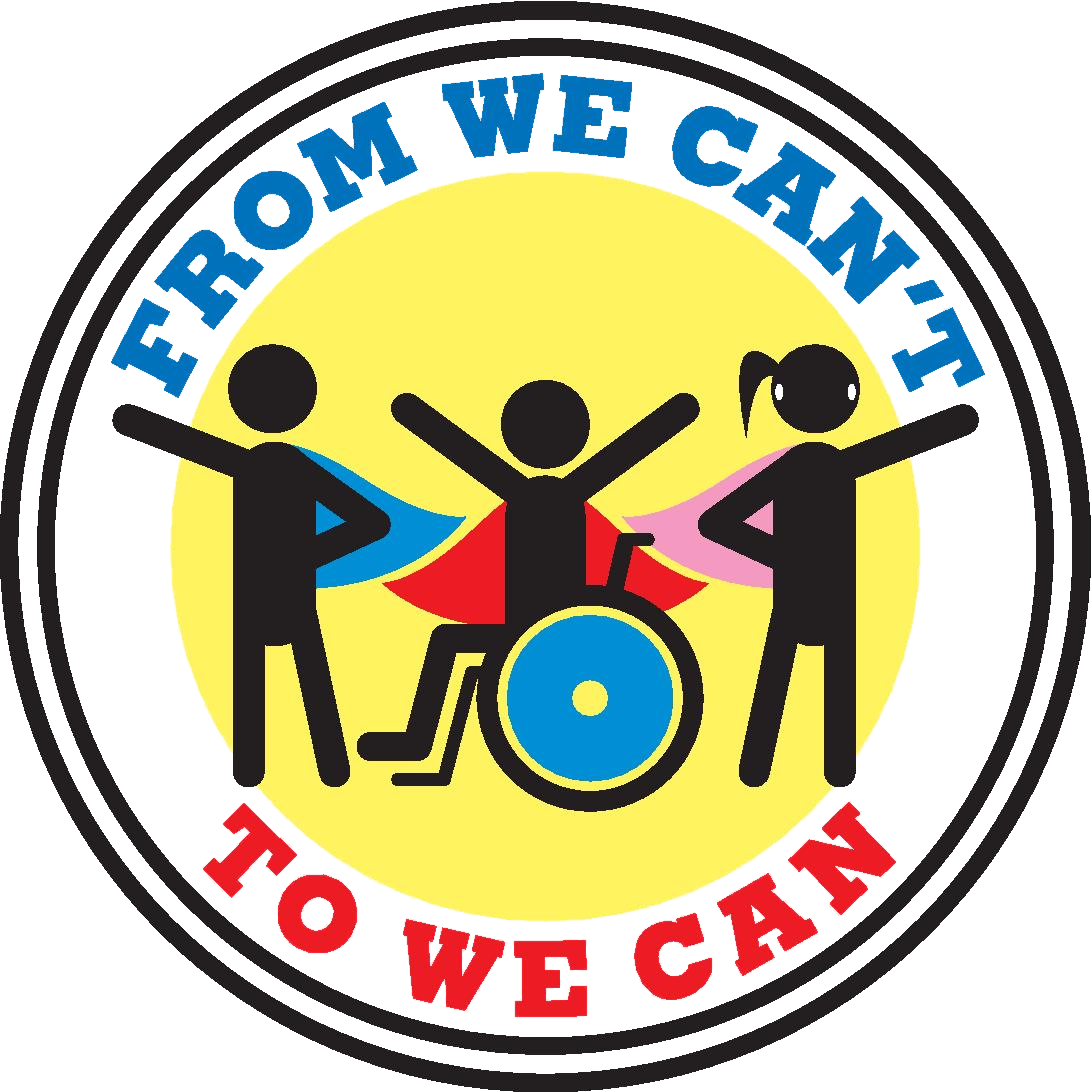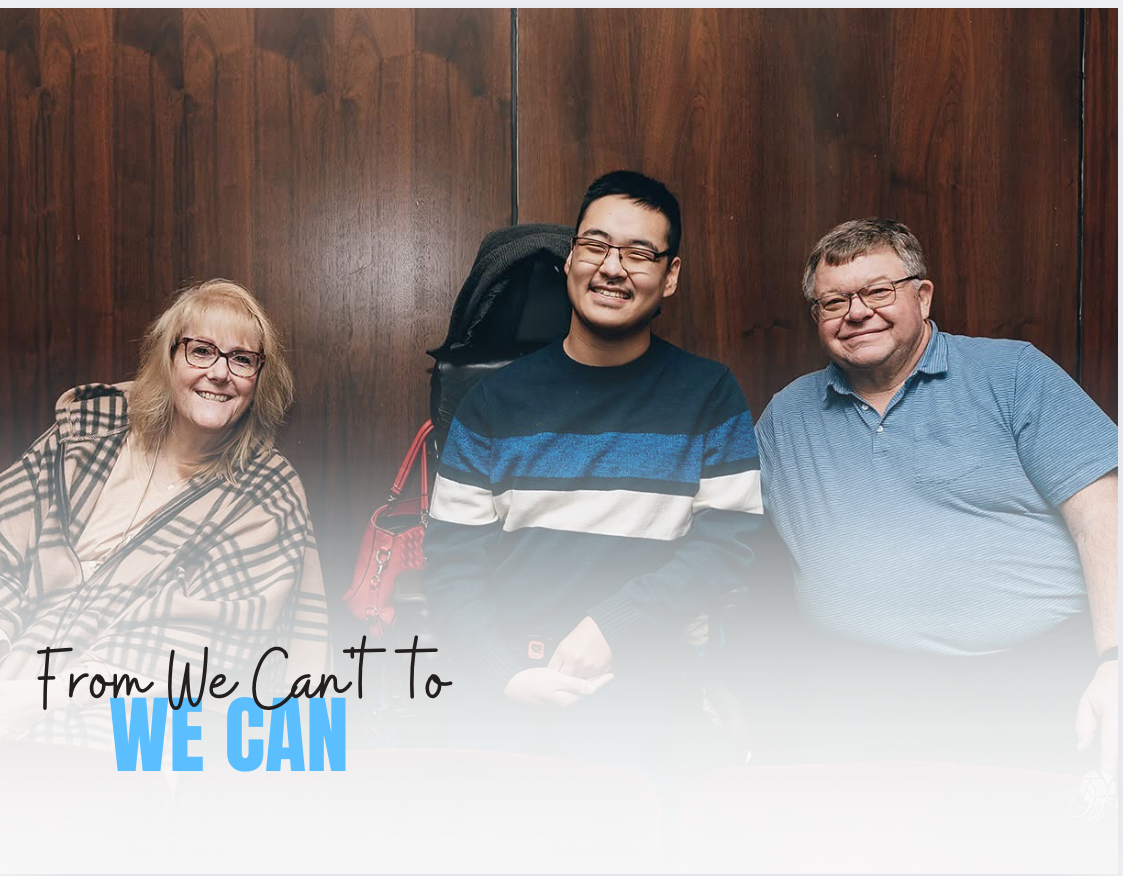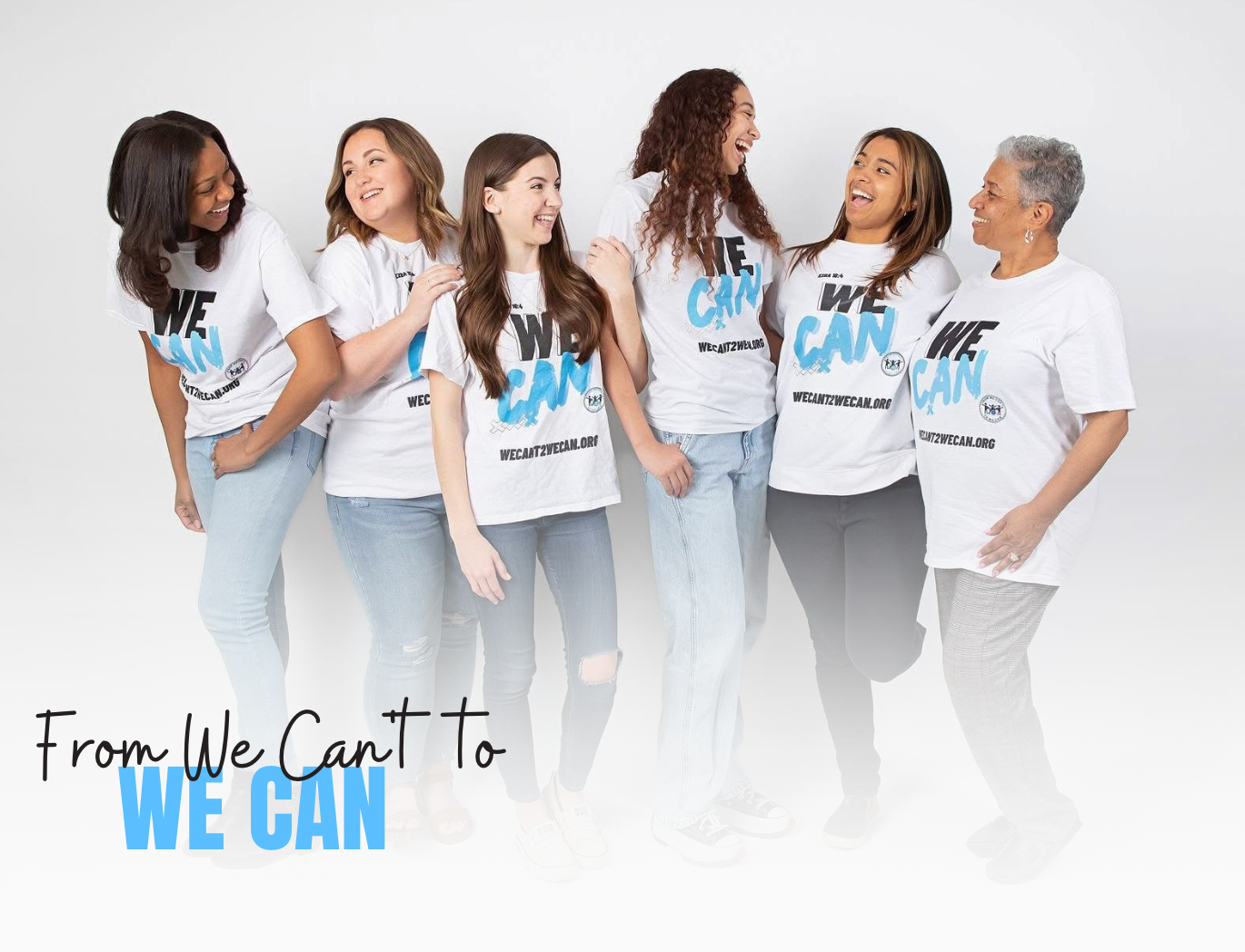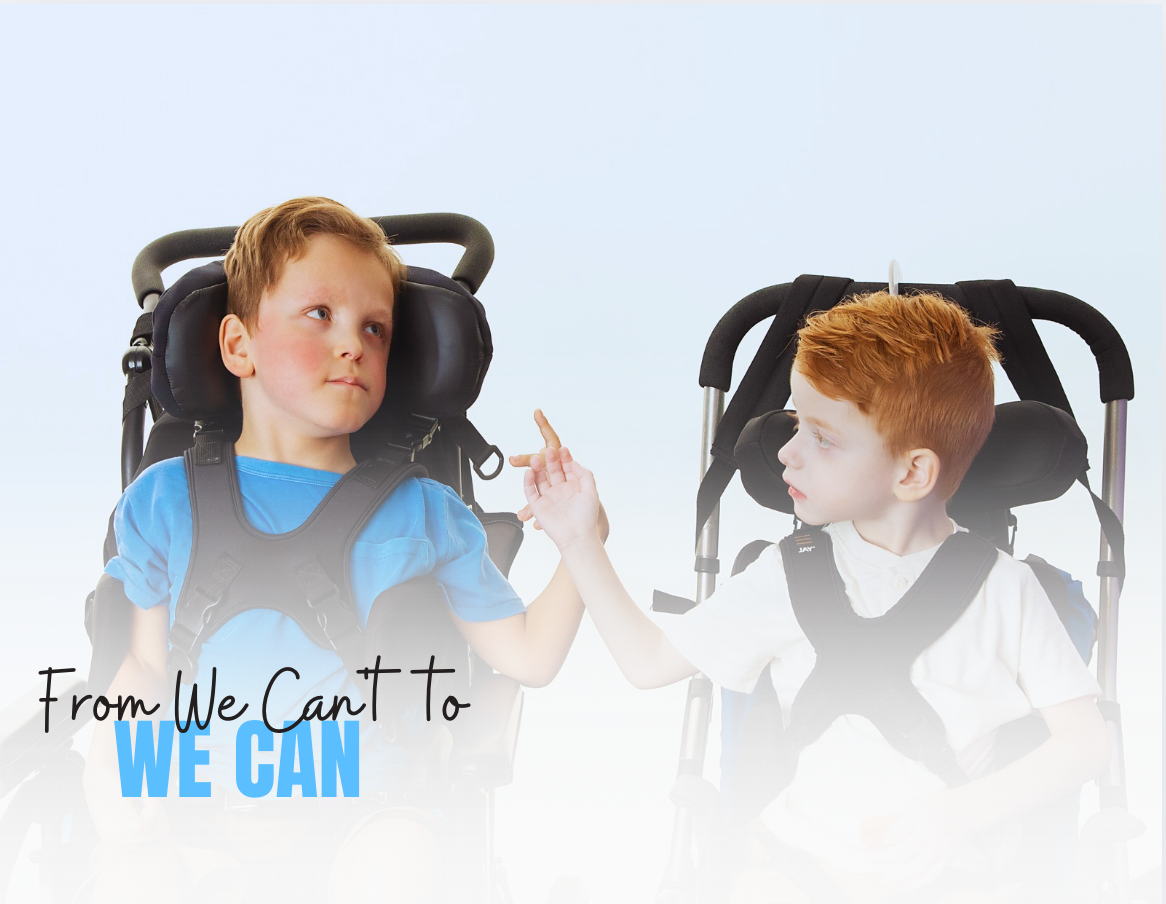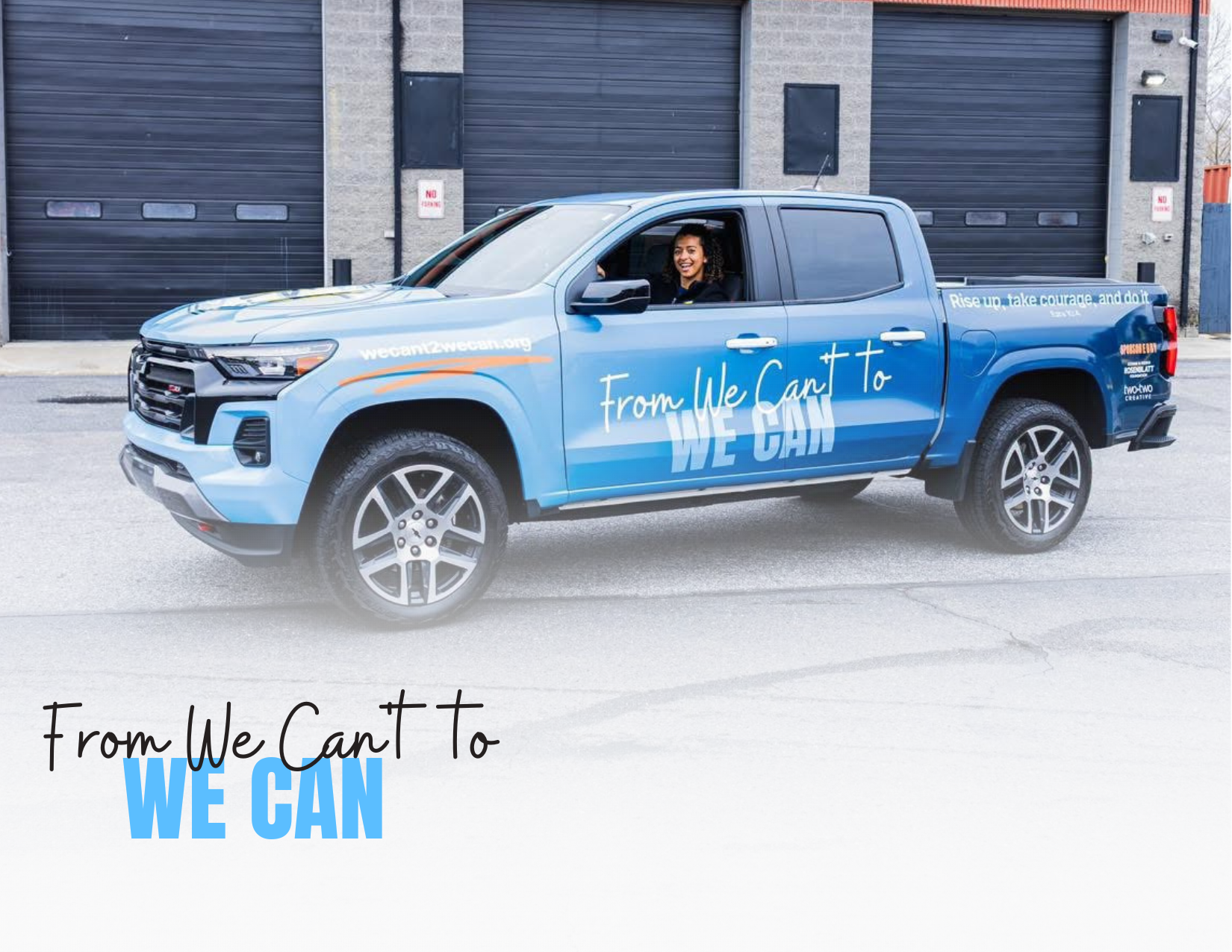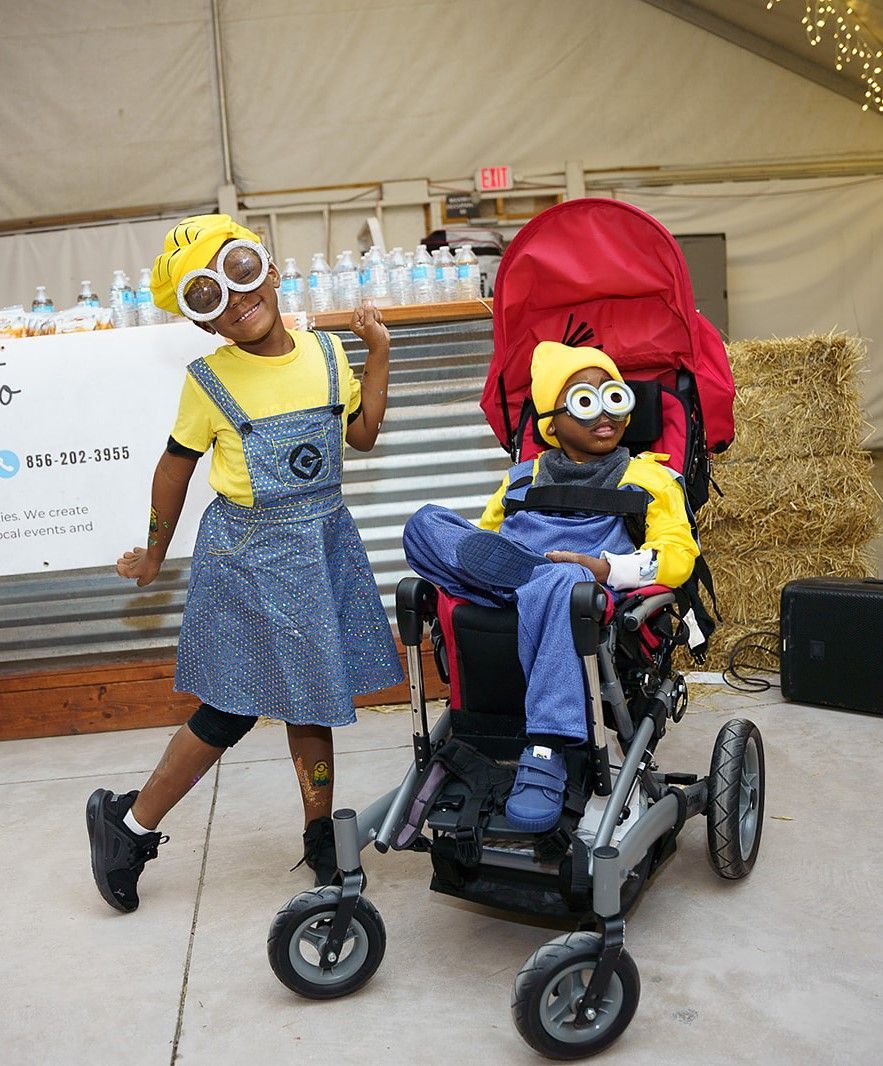Superhero Spotlight
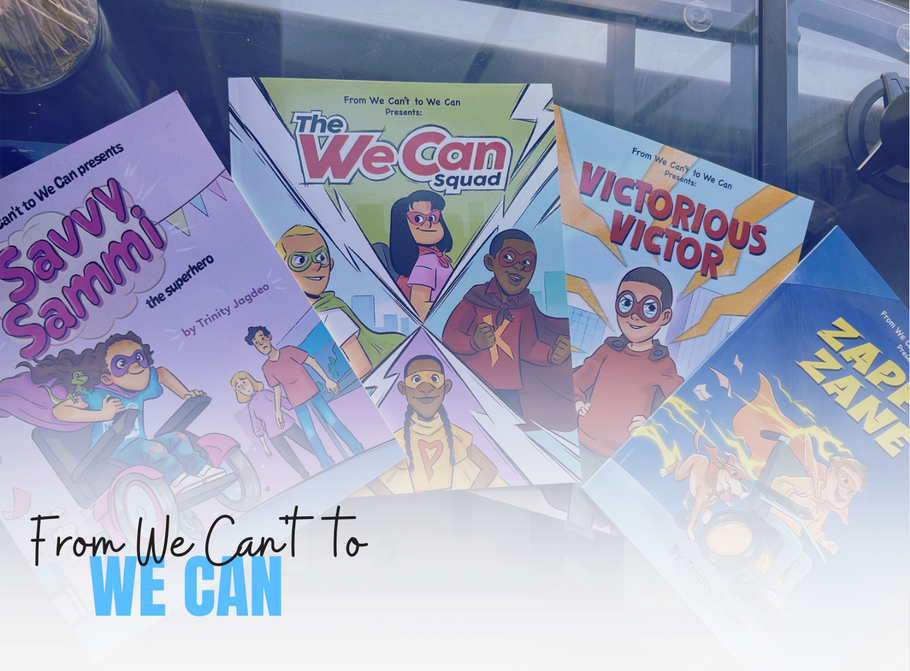
When I was a young child, I cherished stories that brought people together, bridging gaps and forging connections. As I grew older, I quickly recognized an unsettling trend and I searched for a solution– to tell stories where I could see myself reflected and where the diversity of others was celebrated. Determined to make a change, I committed to telling the stories I longed to see, amplifying voices that showcase the beauty of our differences.
Thanks to initiatives like the From We Can’t to We Can inclusive reading program, countless children today have the representation I once lacked.
On our website, visitors can explore a heartwarming collection of children’s books featuring characters with unique and special abilities. What makes these stories even more inspiring is that they’re drawn from real kids’ experiences! For example, Victorious Victor shares the journey of a boy breaking stereotypes and raising awareness about autism, while Savvy Sammi highlights a bright, problem-solving girl with Brittle Bone Disease. With so many relatable and authentic stories to choose from, there’s something to inspire everyone.
It’s refreshing to see these narratives gaining recognition, helping to raise awareness and foster understanding in the process.
Every March, the National Education Association (NEA) encourages students nationwide to discover the joys and benefits of reading. What better way to celebrate than by connecting young minds with stories that reflect their realities and celebrate their strengths?
Our team is dedicated to working with schools to create programs that celebrate every child’s unique abilities, ensuring all students feel seen, valued, and empowered.
Visit our website to explore the collection and learn more. Reach out to us today to bring an inclusive reading program to your school—because every child deserves to see themselves as the hero of their story.
You may want to read more of our blog...
We Can Blog
